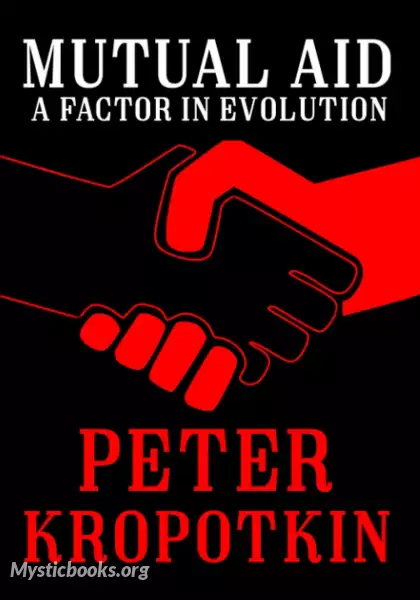
Mutual Aid: A Factor of Evolution
'Mutual Aid: A Factor of Evolution ' Summary
Mutual Aid is considered a fundamental text in anarchist communism. It presents a scientific basis for communism as an alternative to the historical materialism of the Marxists. Kropotkin considers the importance of mutual aid for prosperity and survival in the animal kingdom, in indigenous and early European societies, in the Medieval free cities (especially through the guilds), and in the late 19th century village, labor movement, and poor folk. He criticizes the State for destroying historically important mutual aid institutions, particularly through the imposition of private property.
Many biologists also consider it an important catalyst in the scientific study of cooperation.
Daniel P. Todes, in his account of Russian naturalism in the 19th century, concludes that Kropotkin's work "cannot be dismissed as the idiosyncratic product of an anarchist dabbling in biology" and that his views "were but one expression of a broad current in Russian evolutionary thought that pre-dated, indeed encouraged, his work on the subject and was by no means confined to leftist thinkers."
Kropotkin emphasizes the distinction between competitive struggle between individual organisms over limited resources and collective struggle between organisms and the environment. He drew from his first hand observations of Siberia and Northeast Asia, where he saw that animal populations were limited not by food sources, which were abundant, but rather by harsh weather. For example, predatory birds may compete by stealing food from one another while migratory birds cooperate in order to survive harsh winters by traveling long distances. He did not deny the competitive form of struggle, but argued that the cooperative counterpart has been under-emphasized: "There is an immense amount of warfare and extermination going on amidst various species; there is, at the same time, as much, or perhaps even more, of mutual support, mutual aid, and mutual defense...Sociability is as much a law of nature as mutual struggle."
As a description of biology, Kropotkin's perspective is consistent with contemporary understanding. Stephen Jay Gould admired Kropotkin's observations, noting that cooperation, if it increases individual survival, is not ruled out by natural selection, and is in fact encouraged. Kropotkin's ideas anticipate the now recognized importance of mutualism (a beneficial relationship between two different species) and altruism in biology. Examples of altruism in animals include kin selection and reciprocal altruism. Douglas H. Boucher places Kropotkin's book as a precursor to the development of the biological theory of altruism.
Book Details
Language
EnglishOriginal Language
RussianPublished In
1902Genre/Category
Tags/Keywords
Authors
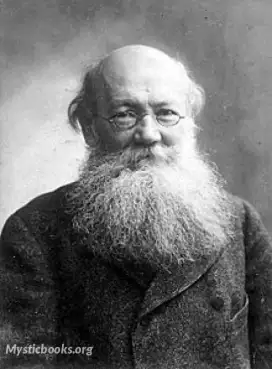
Peter Kropotkin
Russia
Pyotr Alexeyevich Kropotkin was a Russian anarchist, socialist, revolutionary, economist, sociologist, historian, zoologist, political scientist, human geographer and philosopher who ad...
Books by Peter KropotkinDownload eBooks
Listen/Download Audiobook
- Select Speed
Related books
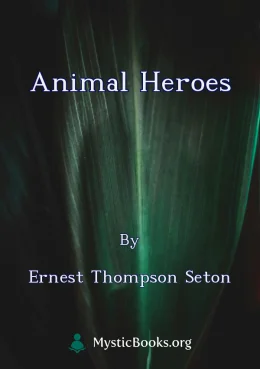
Animal Heroes by Ernest Thompson Seton
This book explores the extraordinary lives of animal heroes, drawing on real-life events and showcasing their resilience, intelligence, and courage in...
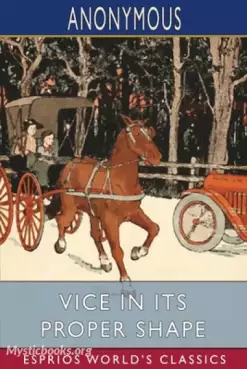
Vice in its Proper Shape by Anonymous
Cautionary tales of the transmigration of the souls of naughty boys and girls, as elucidated by the mysterious Bramin, Mr Wiseman: "Having been gifted...
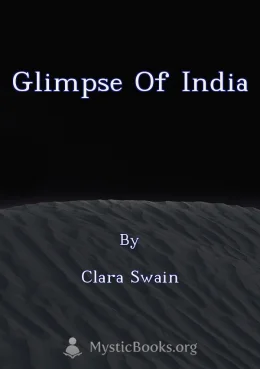
Glimpse of India by Clara Swain
A Glimpse of India is a collection of letters written by Dr. Clara Swain, the first medical missionary sent to India by the Woman's Foreign Missionary...
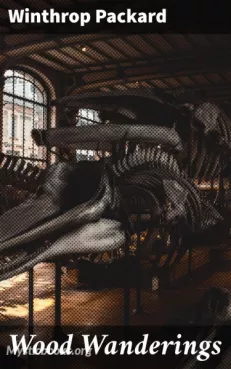
Wood Wanderings by Winthrop Packard
This is a captivating book that invites readers to embark on a journey through the enchanting world of forests and woods. Written by the talented auth...
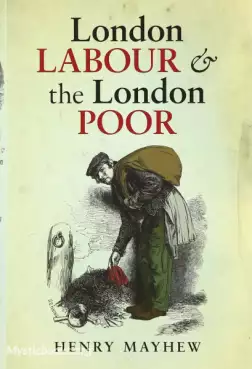
London Labour and the London Poor Volume I by Henry Mayhew
London Labour and the London Poor is a work of Victorian journalism by Henry Mayhew. In the 1840s, he observed, documented and described the state of...
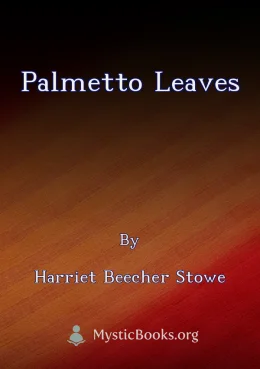
Palmetto Leaves by Harriet Beecher Stowe
Palmetto Leaves is a collection of essays written by Harriet Beecher Stowe, the celebrated author of Uncle Tom's Cabin. These essays document her obse...
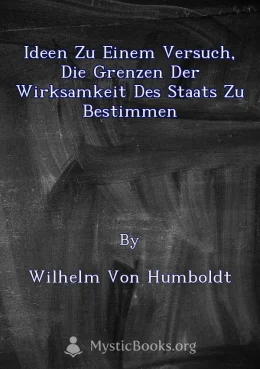
Ideen zu einem Versuch, die Grenzen der Wirksamkeit des Staats zu bestimmen by Wilhelm von Humboldt
Ein klassicher Text des deutschen Liberalismus (Summary by redaer)

Struggles and Triumphs by P. T. Barnum
The 1873 edition of the autobiography of the founding genius of the "Greatest Show on Earth," P.T. (Phineas Taylor) Barnum. It details his life and bu...
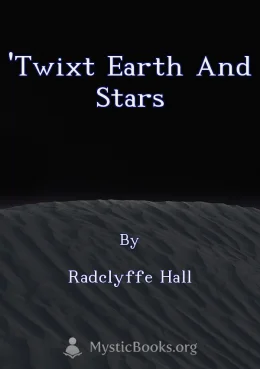
'Twixt Earth and Stars by Radclyffe Hall
"Twixt Earth and Stars" is a collection of poems by Radclyffe Hall, known for her controversial lifestyle and candid exploration of same-sex relations...

Coloured Stars: versions of fifty Asiatic love poems by Edward Powys Mathers
'Coloured Stars' presents a selection of fifty love poems from across Asia, translated into English by Edward Powys Mathers. This collection offers a...
Reviews for Mutual Aid: A Factor of Evolution
No reviews posted or approved, yet...